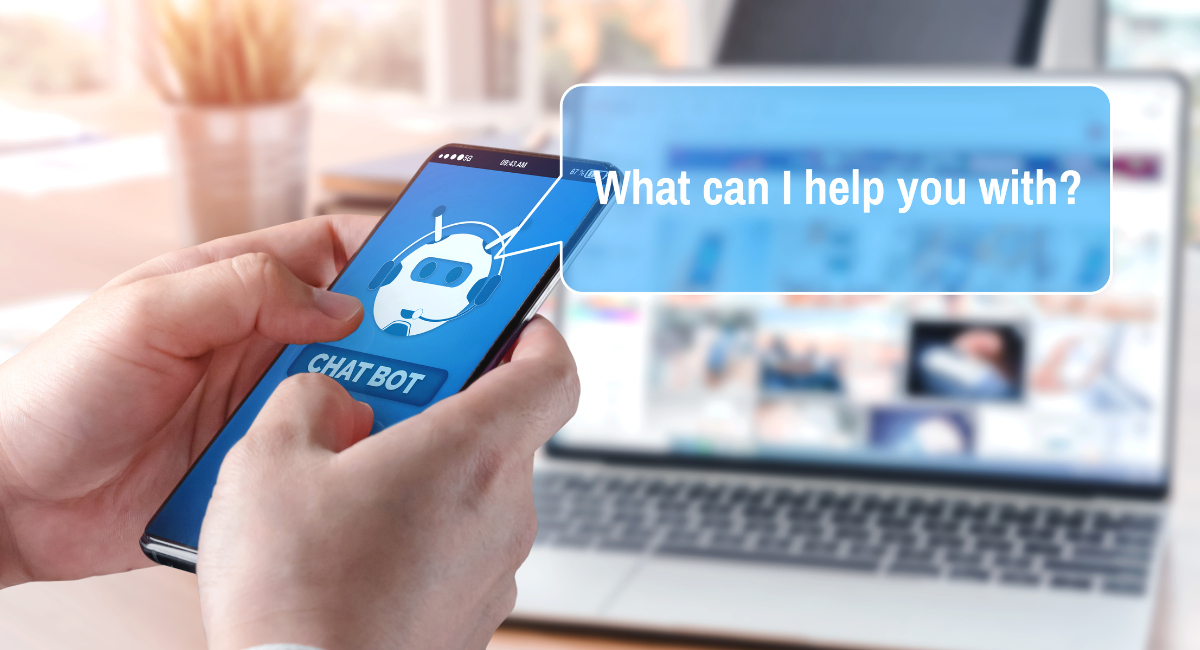In today’s rapidly evolving digital landscape, marketers are constantly searching for ways to stay ahead of the competition. One way they’re achieving this is by leveraging artificial intelligence (AI) and machine learning. These technologies have revolutionized the way we approach marketing, giving us access to data-driven insights that were once impossible to obtain. In this blog post, we’ll explore how AI and machine learning can help you take your digital marketing strategy to the next level – from personalized content recommendations to predictive analytics – and why it’s crucial for businesses of all sizes to embrace these advancements ASAP!
Defining AI and Machine Learning
In order to understand how to use AI and machine learning for marketing, it’s important to first understand what these terms mean. AI, or artificial intelligence, is a process of programming computers to make decisions for themselves. This can be done through a number of methods, including but not limited to: rule-based systems, decision trees, genetic algorithms, artificial neural networks, and fuzzy logic systems. Machine learning is a subset of AI that focuses on giving computers the ability to learn and improve from experience without being explicitly programmed. This is done through a number of methods as well, including but not limited to: linear regression, logistic regression, decision trees, support vector machines, and deep learning.
How AI and Machine Learning are Used in Marketing
Most digital marketing tools these days use some form of AI or Machine Learning. Here are a few examples of how these technologies are being used in marketing:
– Marketers can now use AI to create realistic avatars of themselves or their target customers. These avatars can be used to personalize ads and content, making it more likely that the recipient will engage with the material.
– predictive analytics, which uses machine learning to identify patterns in customer data, is being used by marketers to better understand what offers and messages are likely to resonate with each individual customer. This allows for more targeted and effective marketing campaigns.
– Chatbots are becoming increasingly popular as a way for brands to interact with customers and provide answers to common questions. Many chatbots now use AI to understand natural language and provide more accurate responses.
Benefits of Using AI and Machine Learning for Marketing
In recent years, there has been a surge in the use of artificial intelligence (AI) and machine learning by businesses in a variety of industries. These technologies have the potential to revolutionize marketing by providing marketers with new ways to collect and analyze data, identify trends, and predict customer behavior.
There are many potential benefits of using AI and machine learning for marketing. For example, these technologies can be used to:
– Automate repetitive tasks: AI and machine learning can be used to automate repetitive tasks such as data collection and analysis, freeing up time for marketers to focus on other tasks.
– Improve targeting and personalization: AI and machine learning can be used to improve targeting and personalization by identifying patterns in customer behavior and then using those insights to deliver more relevant content and messages.
– Increase efficiency: AI and machine learning can help marketers work more efficiently by automating tasks such as reporting and optimizing campaigns.
– Stay ahead of the competition: With the rapid pace of change in the marketing industry, staying ahead of the competition is essential. AI and machine learning can give marketers a competitive edge by providing them with the ability to quickly test different ideas and adapt their strategies based on real-time data.
Challenges of Using AI and Machine Learning for Marketing
The use of artificial intelligence (AI) and machine learning (ML) in marketing is growing at a rapid pace. However, there are still many challenges associated with using these technologies for marketing purposes. One of the biggest challenges is that AI and ML require a lot of data to be effective. This can be a challenge for companies who do not have access to large data sets. Another challenge is that AI and ML algorithms can be difficult to interpret and explain. This can make it difficult for marketing teams to understand how these algorithms are making decisions and whether or not they are effective. Finally, AI and ML technologies are constantly changing, which can make it difficult for marketing teams to keep up with the latest trends and best practices.
How to Get Started with AI and Machine Learning for Marketing
If you’re looking to get started with AI and machine learning for marketing, there are a few things you need to know. First, it’s important to understand what AI and machine learning can do for marketing. Then, you need to identify the right tools and platforms to use. Finally, you need to develop a plan for how you’ll implement AI and machine learning into your marketing strategy.
To get started with AI and machine learning for marketing, you need to understand what these technologies can do for your business. AI and machine learning can help you automate tasks, personalize content, and track customer behavior. These technologies can also help you make better decisions about where to allocate your marketing resources.
There are a number of different tools and platforms that you can use to implement AI and machine learning into your marketing strategy. Some of the most popular options include Amazon SageMaker, Google Cloud Platform, IBM Watson Studio, and Microsoft Azure Machine Learning Studio. Each platform offers different features and capabilities, so it’s important to choose the one that’s right for your needs.
Once you’ve selected the right platform, you need to develop a plan for how you’ll use AI and machine learning in your marketing efforts. This plan should include both short-term and long-term goals. Short-term goals might include using AI to automate email campaigns or using machine learning to personalize website content. Long-term goals might include using AI to improve customer segmentation or using machine learning to
Conclusion
AI and machine learning technologies have the potential to revolutionize digital marketing. From personalizing content for individual customers to using big data analytics to draw insights from customer behavior, these tools can improve marketing campaigns and help reach a wider audience. As technology advances, marketers need to stay ahead of the curve by leveraging AI and machine learning in order to maximize their ROI and ensure that they remain competitive in this ever-evolving landscape.



